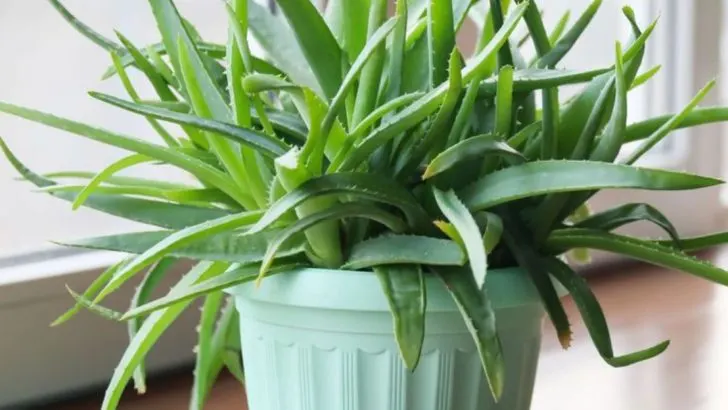Getting a good night’s sleep can be elusive, but nature might just have the perfect solution. Some plants have natural properties that can calm your mind, reduce stress, and create a peaceful atmosphere, making it easier to drift off to sleep.
By incorporating these sleep-promoting plants into your bedroom or garden, you can harness their power to improve your sleep quality without relying on pills or screens.
These plants offer soothing scents, therapeutic benefits, and an inviting ambiance. Let’s explore 17 unexpected plants that could help you sleep better and wake up feeling refreshed.
Lavender
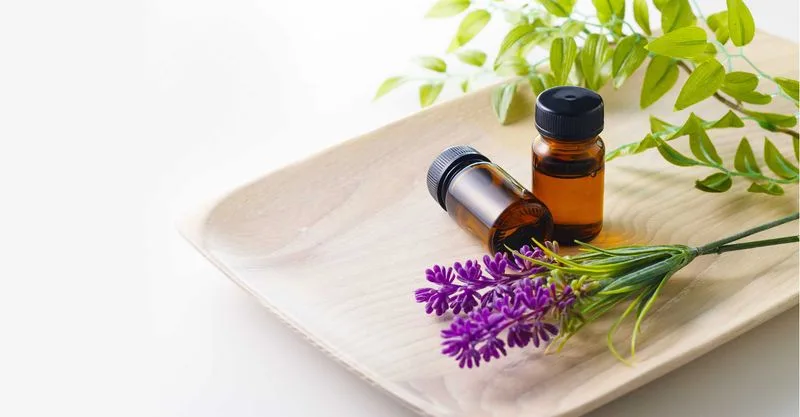
Emitting calming and aromatic scents, lavender is renowned for its sleep-inducing qualities. As you place it near your bedside, its gentle fragrance can help reduce stress and anxiety, facilitating a more peaceful slumber. The elegant purple blooms are not only pleasing to the eye but also to the mind, acting as a natural relaxant. To make the most of its benefits, consider using lavender in essential oil form or as a dried plant. Incorporating this lovely plant into your sleep routine can lead to noticeable improvements in the quality of your rest.
Snake Plant
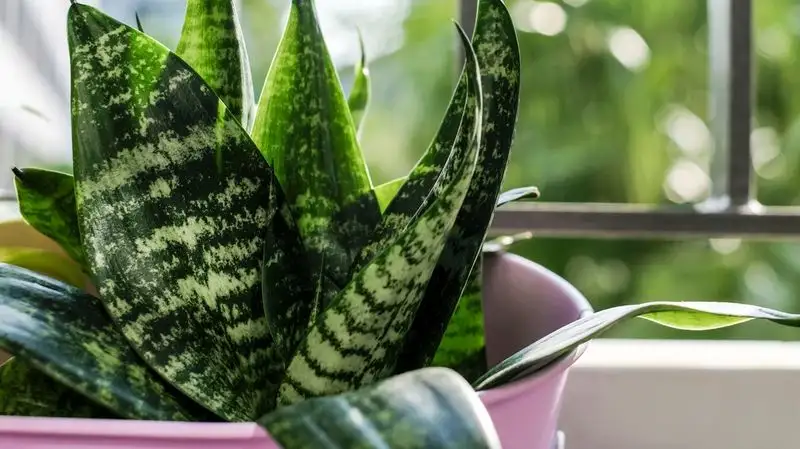
Known for its air purifying abilities, the snake plant can actively improve indoor air quality while you sleep. It releases oxygen at night, a rarity among houseplants, offering cleaner air and thus, promoting better breathing. Its striking vertical leaves are a testament to its resilience, thriving on minimal care. Perfect for those who may not have a green thumb, this plant is forgiving and tough. Place it in your bedroom and enjoy both its aesthetic and health benefits, ensuring that your sleep environment supports restful and rejuvenating nights.
Jasmine
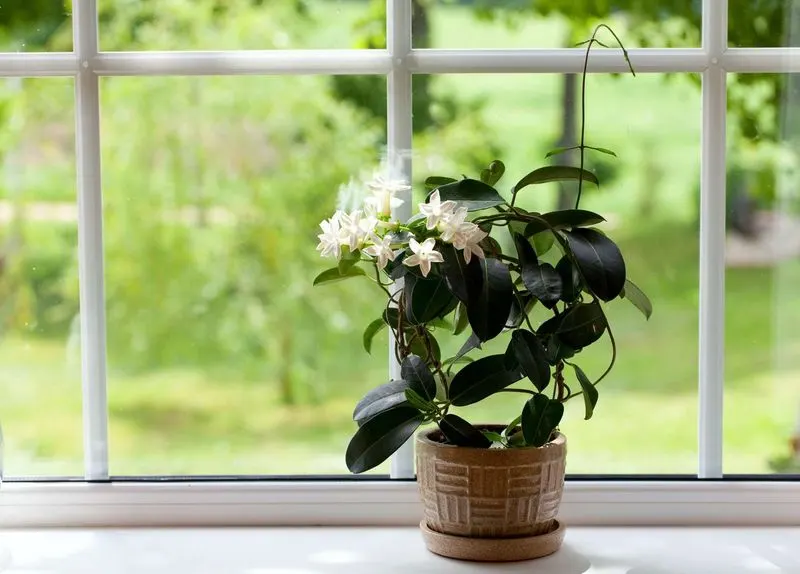
The sweet scent of jasmine has been scientifically linked to reduced anxiety levels, making it an excellent choice for sleep enhancement. By emitting a fragrance that calms the nervous system, jasmine helps create a tranquil environment conducive to relaxation. Its beautiful white flowers add an element of elegance and purity to any room. Introducing a jasmine plant into your space can transform your nightly routine into a more serene experience, where drifting off into a deep sleep becomes almost effortless.
Aloe Vera
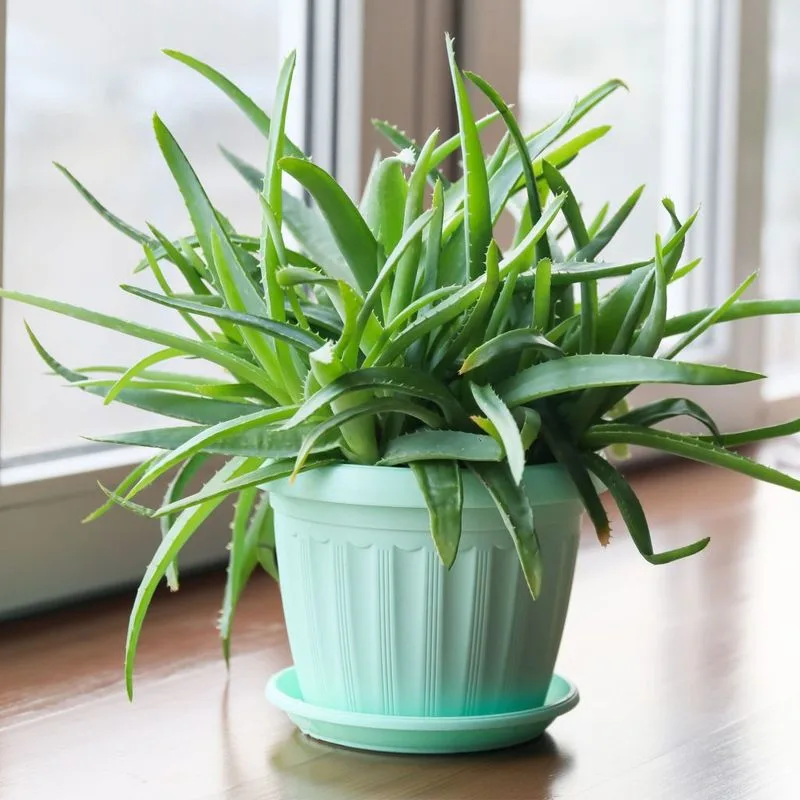
Aloe vera is celebrated not just for its healing properties but also for improving air quality. This hardy plant releases oxygen at night, fostering an environment that aids restful sleep. Its succulent nature allows it to thrive with minimal watering, making it an excellent choice for busy individuals. Positioned in your bedroom, aloe vera can help cleanse the air while adding a touch of natural beauty. This dual-purpose plant is a practical yet attractive addition to enhance your overall sleep quality.
Gardenia
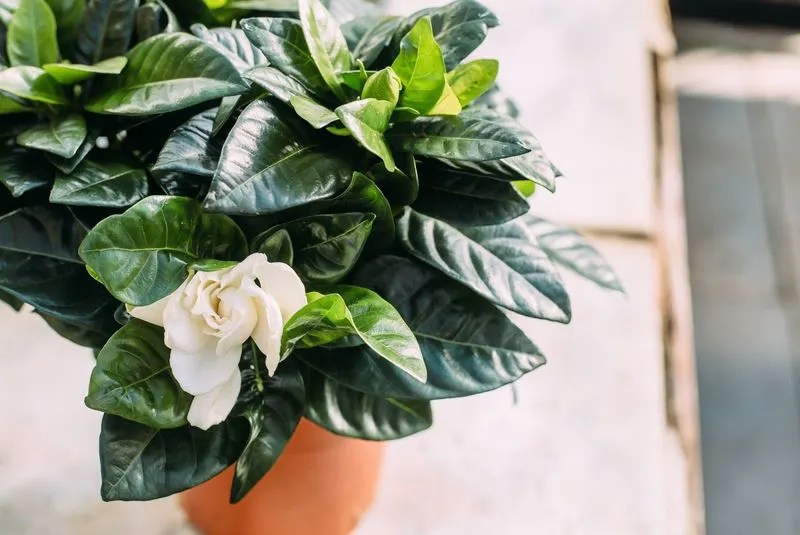
Gardenias are renowned for their beautiful, fragrant flowers that bring a sense of peace and relaxation. The scent of gardenia is believed to have sedative properties, making it a prime candidate for those seeking better sleep. Its lush foliage and aromatic blooms can transform a bedroom into a serene oasis. While they require a bit more care to maintain their blooms, the reward is a significant enhancement in the ambiance of your sleep space. This plant offers both visual and olfactory appeal, contributing to a restful environment.
Valerian Root
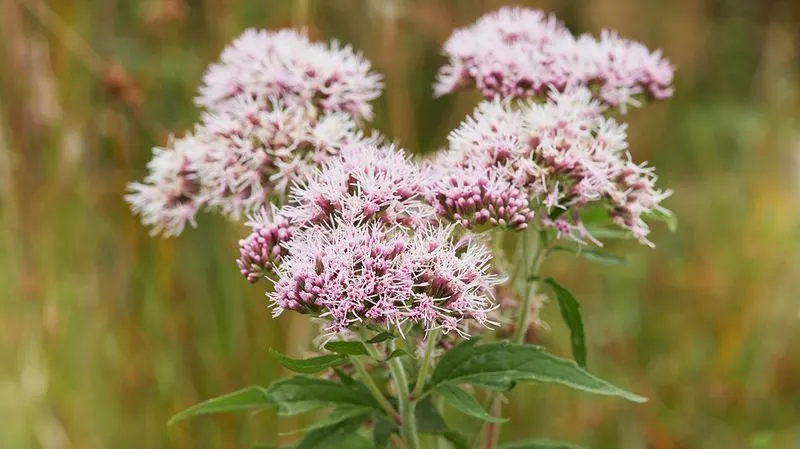
Valerian root is well-regarded as a natural sleep aid, often used in teas and supplements for its calming effects. The plant itself, with its clusters of small white flowers, brings beauty to any setting. By incorporating valerian root into your home, you may benefit from its soothing properties, which help to reduce sleep latency. While traditionally used in extract form, having the actual plant nearby can offer a subtle yet effective enhancement to your sleep environment. This dual-purpose plant is both ornamental and functional.
Peace Lily
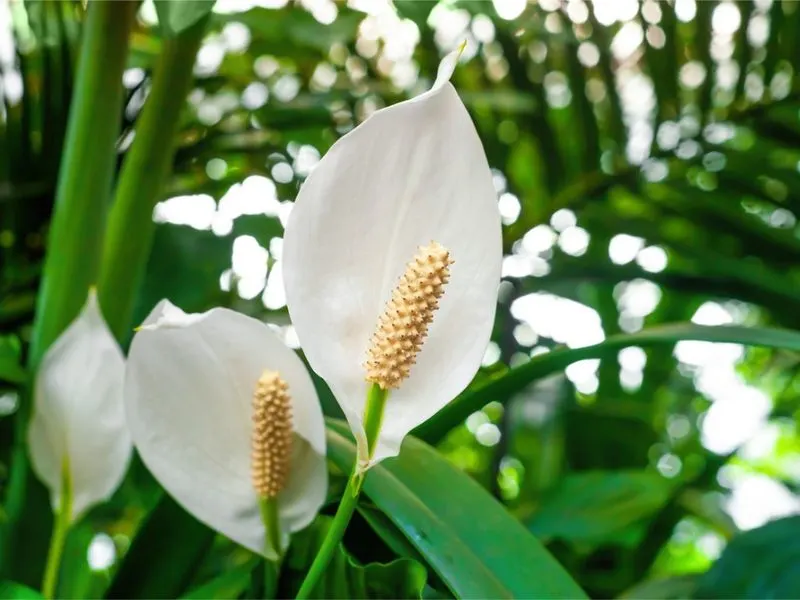
The peace lily is not just a stunning plant with its elegant white flowers and dark green leaves, but it’s also a powerhouse in improving indoor air quality. Known to filter out toxins such as formaldehyde and carbon monoxide, it creates a purer breathing environment. Its ability to increase humidity is particularly beneficial for those who suffer from dry throats or sinus issues at night. Easy to care for, this plant can thrive in low light, making it a perfect addition to any bedroom aiming for tranquility and improved sleep quality.
English Ivy
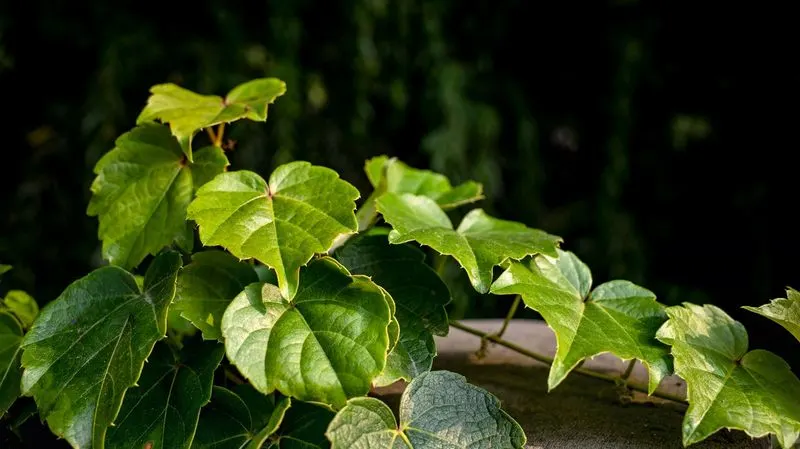
English ivy is a versatile plant known for its air-cleaning capabilities, effectively reducing mold in your living space. By lowering airborne mold levels, it can alleviate allergy symptoms that often disrupt sleep. Its cascading vines add a touch of nature’s elegance to any room, creating a soothing atmosphere. For those with limited floor space, English ivy can be hung or placed on high shelves, making it a flexible addition to your sleep environment. This plant combines beauty and functionality, supporting a more restful night’s sleep.
Chamomile
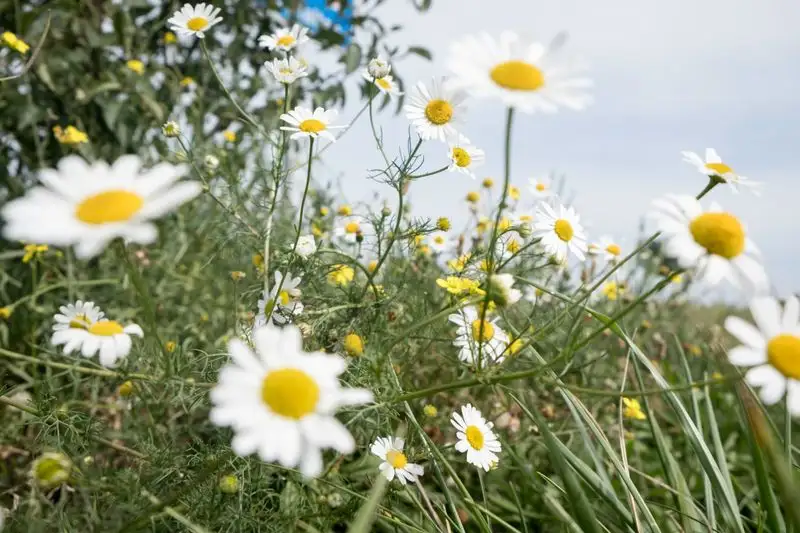
Chamomile is synonymous with relaxation, often enjoyed as a tea for its calming properties. The plant itself, with its delicate flowers, can provide a visual reminder to unwind. Growing chamomile in your home can offer a gentle touch of nature’s tranquility. Its soothing fragrance contributes to a calming atmosphere, ideal for preparing for bedtime. While it’s commonly used in herbal remedies, having the plant nearby can complement its benefits, encouraging a peaceful night’s rest with its simple yet profound presence.
Lavandula
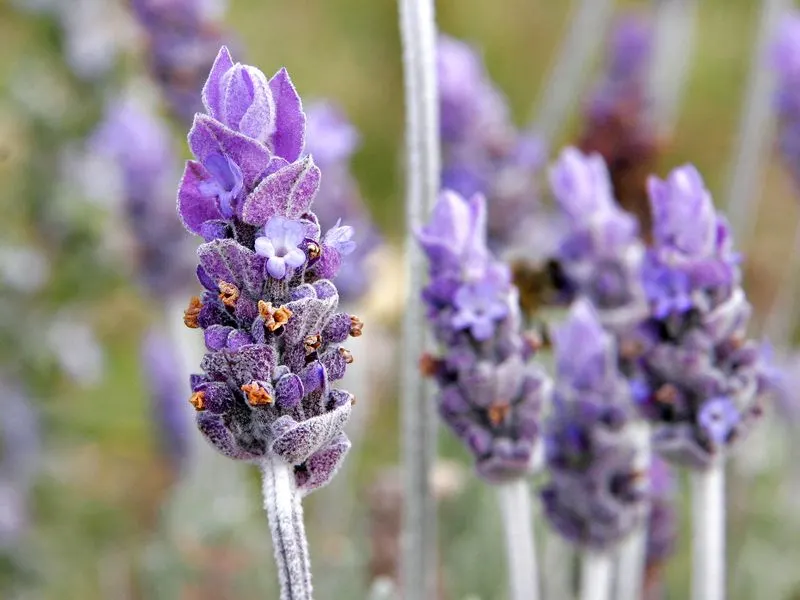
Similar to its cousin lavender, lavandula offers a calming presence with its aromatic fragrance. The plant’s silvery foliage and purple flowers make it an attractive addition to any space. Known for its stress-relieving properties, lavandula can help create a serene environment conducive to relaxation and sleep. Ideal for planting near windows or in a sunlit corner, it thrives with little care. Incorporating lavandula into your home not only adds beauty but also enhances your sleep quality by promoting a peaceful atmosphere.
Bamboo Palm
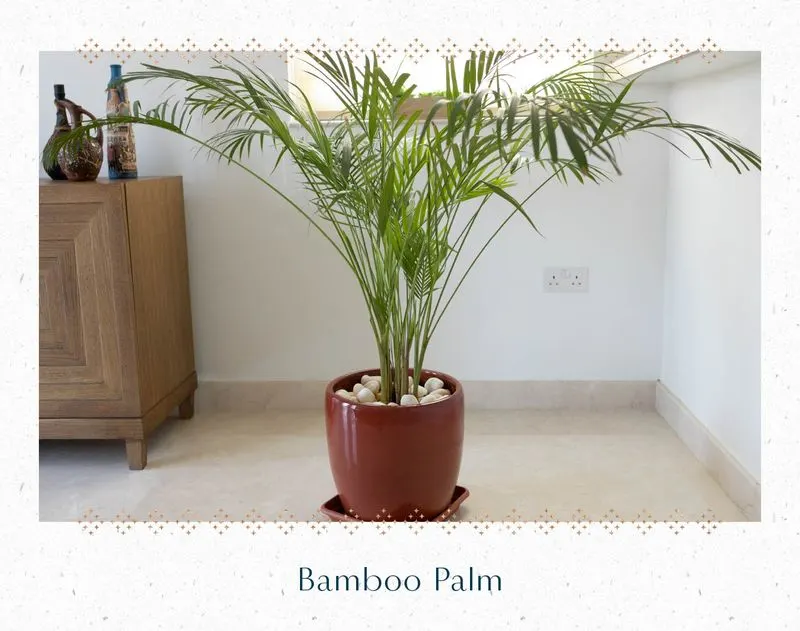
The bamboo palm, with its lush fronds, is a top choice for improving indoor air quality, filtering out harmful pollutants while adding a touch of the tropics. Its ability to increase humidity levels makes it a perfect companion for a restful sleep environment, especially in dry climates. The gentle rustling of its leaves can also provide a soothing background noise, enhancing relaxation. Easy to maintain, this plant brings a sense of calm and serenity, supporting a holistic approach to better sleep.
Lemon Balm

Lemon balm is cherished for its soothing lemony scent, often used in aromatherapy to reduce stress and improve sleep quality. The plant itself is easy to grow and maintain, making it a practical addition to your home. Its fragrance can be particularly calming, helping to ease tension and anxiety. Placing lemon balm in your bedroom or living space can infuse the area with a refreshing aroma, promoting a tranquil environment. This herb not only offers aesthetic appeal but also functional benefits for a restful night’s sleep.
Spider Plant
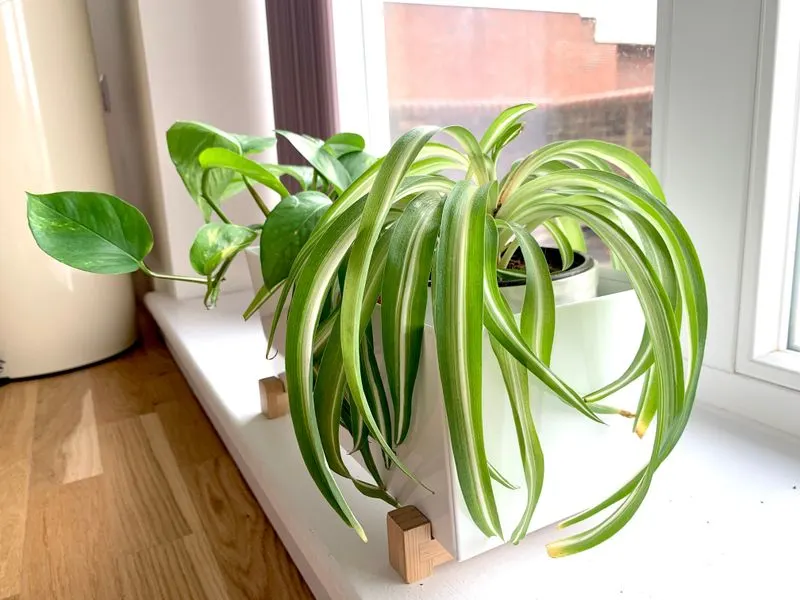
Known for its impressive ability to purify air, the spider plant is a resilient and visually appealing choice for any sleep space. It effectively removes toxins like formaldehyde and xylene, creating a cleaner breathing environment. As it thrives in indirect sunlight, it’s perfect for bedrooms or living areas with limited natural light. The cascading foliage adds a dynamic element to your décor, promoting a peaceful atmosphere. With minimal care requirements, this plant is an excellent choice for enhancing the air quality and serenity of your home.
Gerbera Daisy
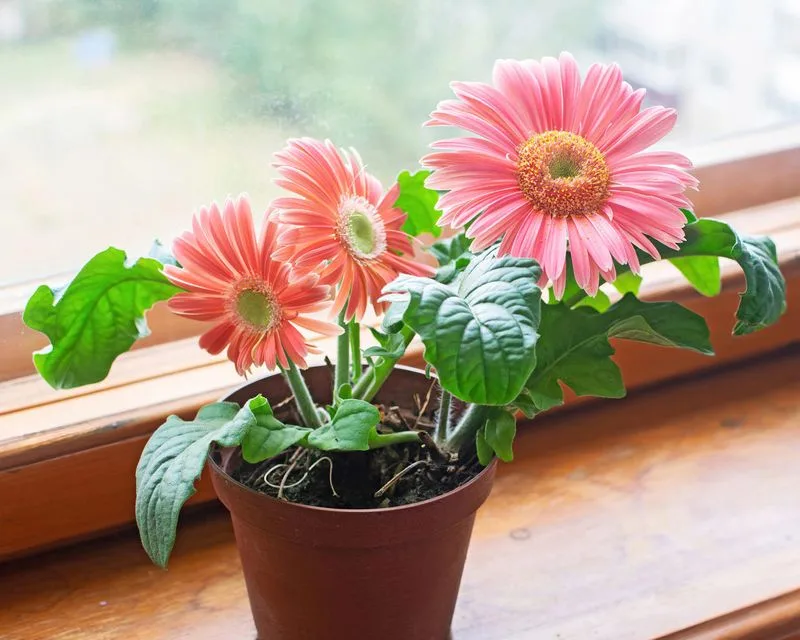
Bright and cheerful, the gerbera daisy is more than just a pretty face. It’s known for its impressive ability to release oxygen and absorb carbon dioxide at night, improving air quality while you sleep. This plant is particularly beneficial for those with sleep apnea or respiratory issues, as cleaner air can significantly enhance sleep quality. Its vibrant flowers add a splash of color and joy to any room, lifting spirits while promoting better sleep. With proper care, the gerbera daisy offers both aesthetic and health benefits.
Rosemary
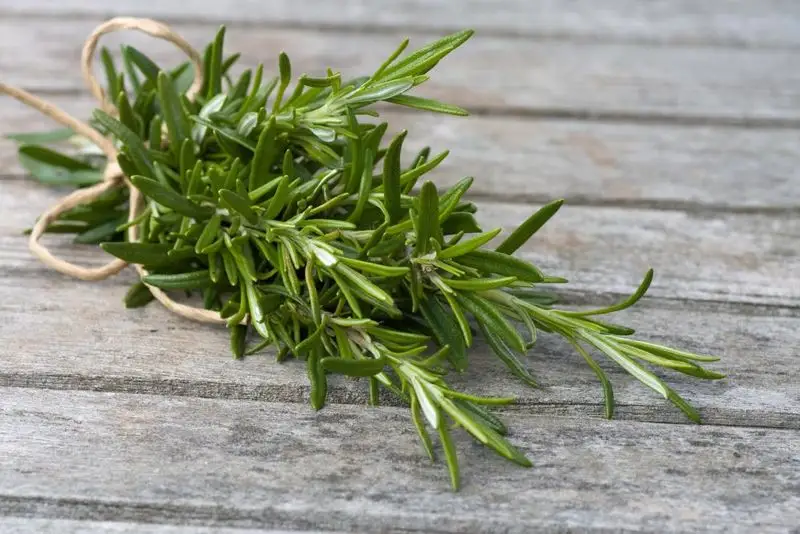
Rosemary isn’t just for cooking; it’s a powerful aid for enhancing cognitive function and reducing stress. The plant’s invigorating aroma can help clear the mind, making it easier to unwind at the end of the day. Growing rosemary in your home or garden allows you to harness its benefits directly. Its evergreen nature and distinctive fragrance bring both beauty and function to your space. This plant can serve as a gentle reminder to slow down, breathe deeply, and prepare for a restful night’s sleep.
Passionflower
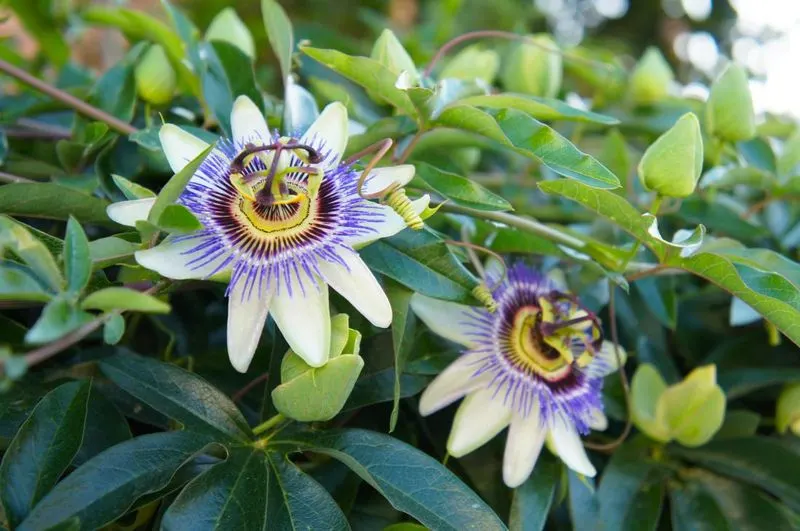
Passionflower is highly regarded for its calming and sedative properties, often used to treat anxiety and insomnia. The plant’s striking flowers are a visual feast, adding exotic beauty to any setting. By incorporating passionflower into your living space, you can enjoy its natural tranquilizing effects, which help quiet the mind and promote sleep. It can be grown outdoors or indoors with adequate light, offering both decorative and therapeutic benefits. This plant serves as a natural ally in creating a peaceful sleep environment.
Mint
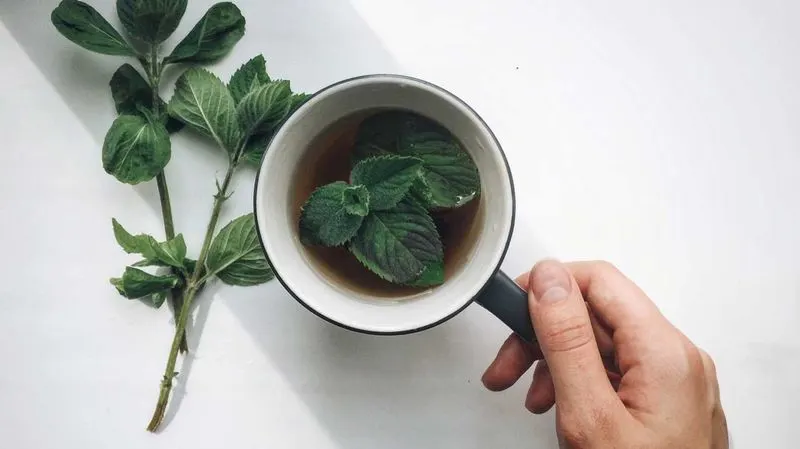
Mint is well-known for its refreshing scent and culinary uses, but it also offers sleep-enhancing properties. The aroma of mint has been shown to help clear the respiratory tract, making breathing easier and more comfortable. Growing mint in your home can provide a continuous supply of this fragrant herb, which is as pleasing to the senses as it is functional. Its invigorating scent can energize your space by day and soothe it by night, supporting a balanced approach to relaxation and rest.

